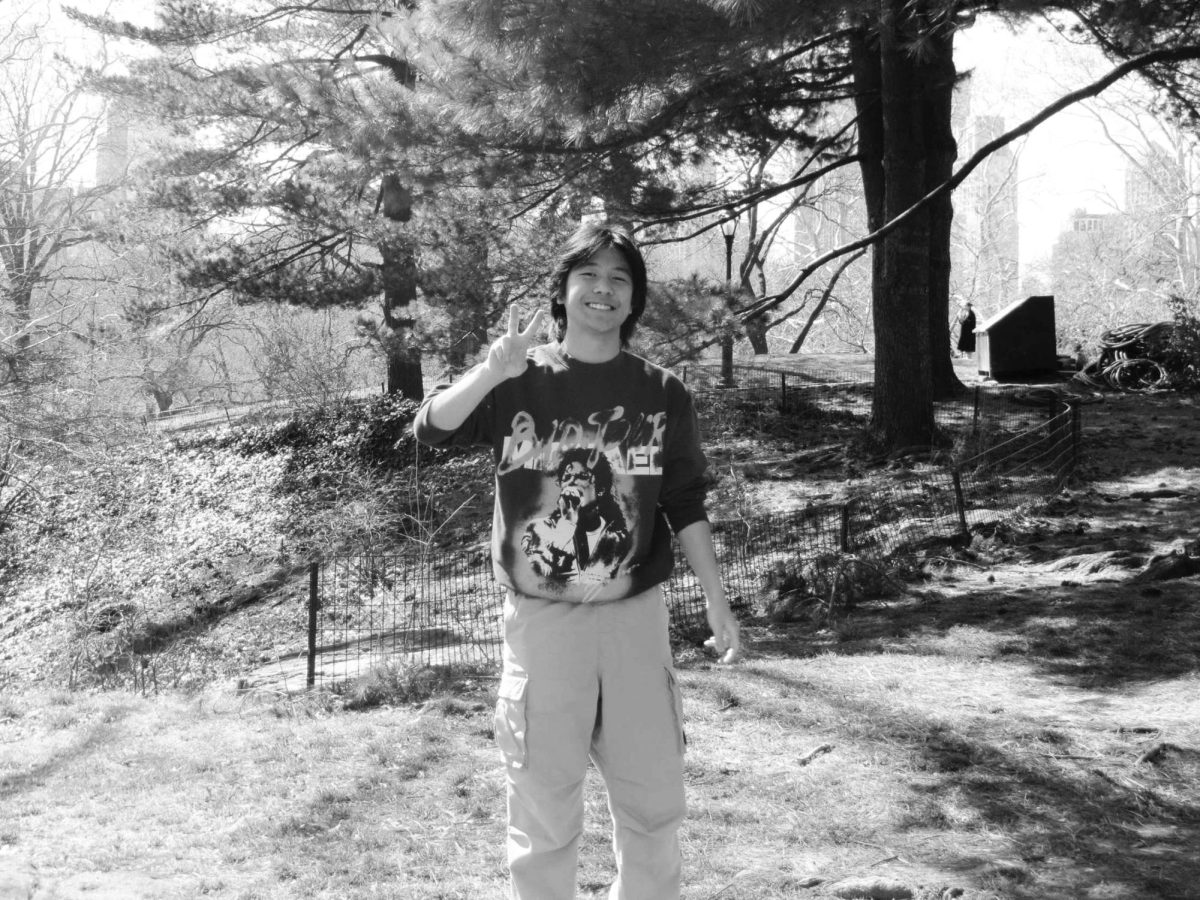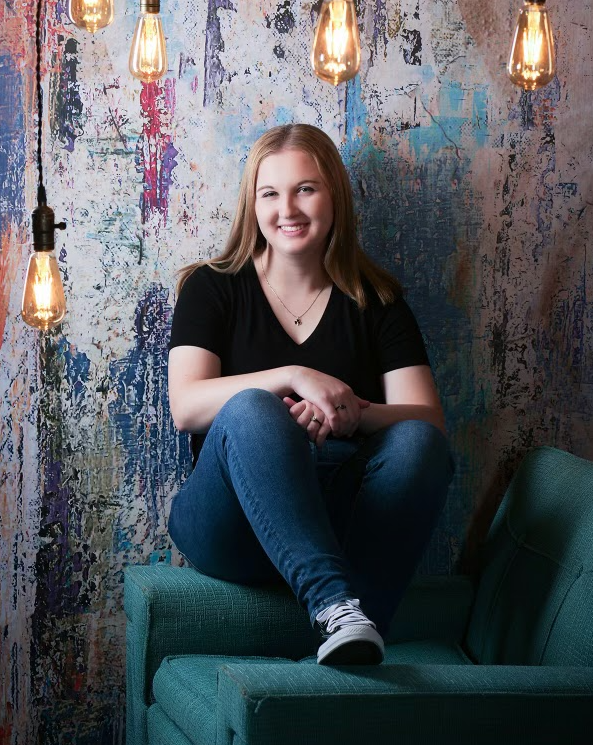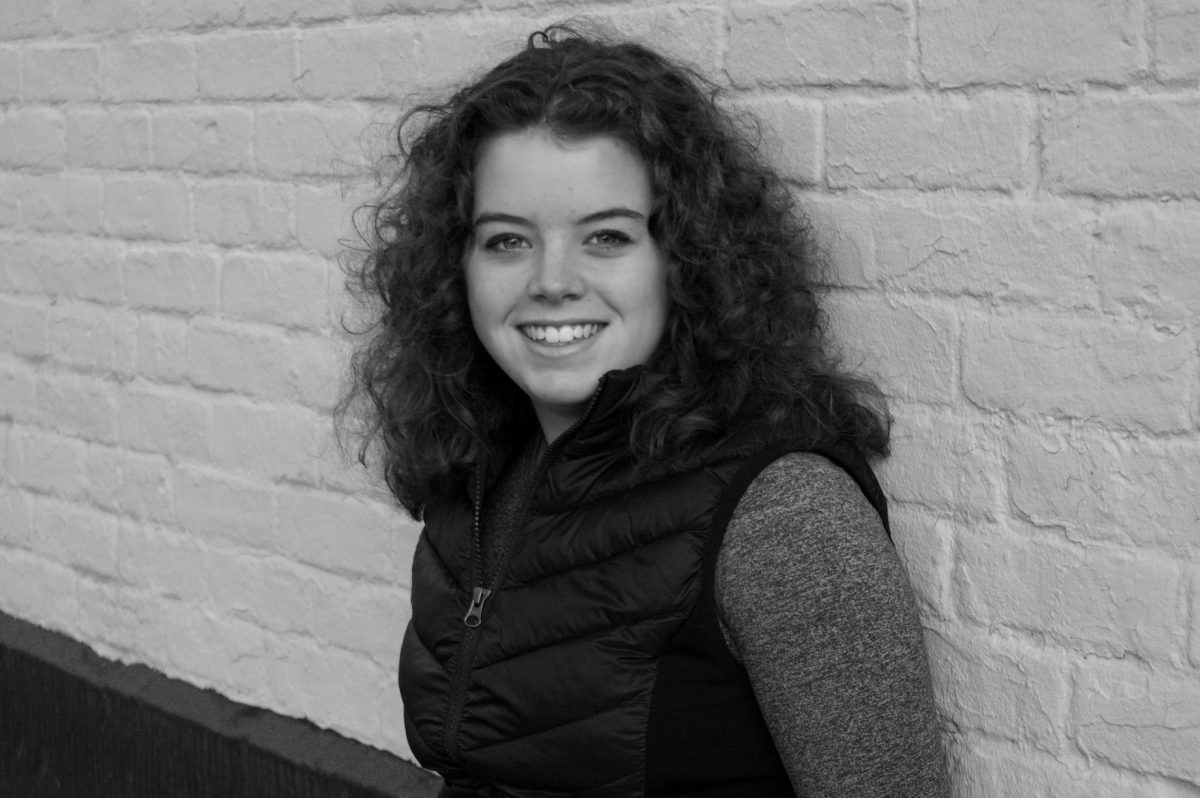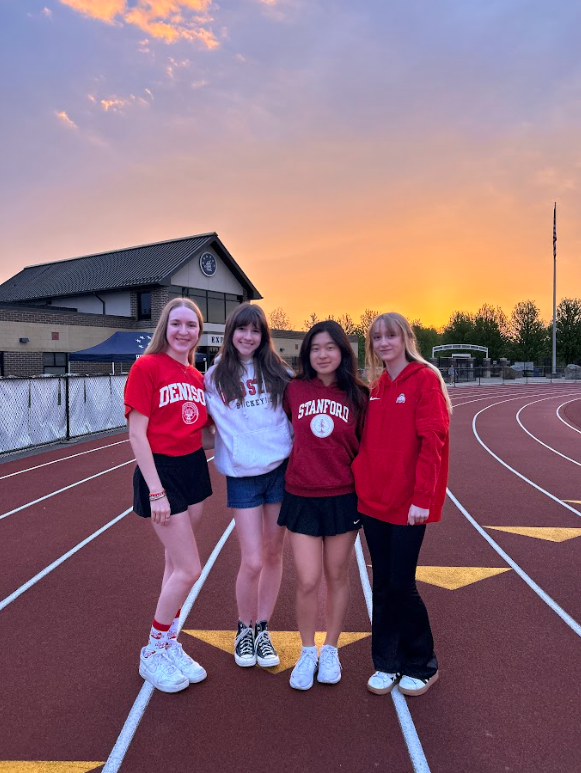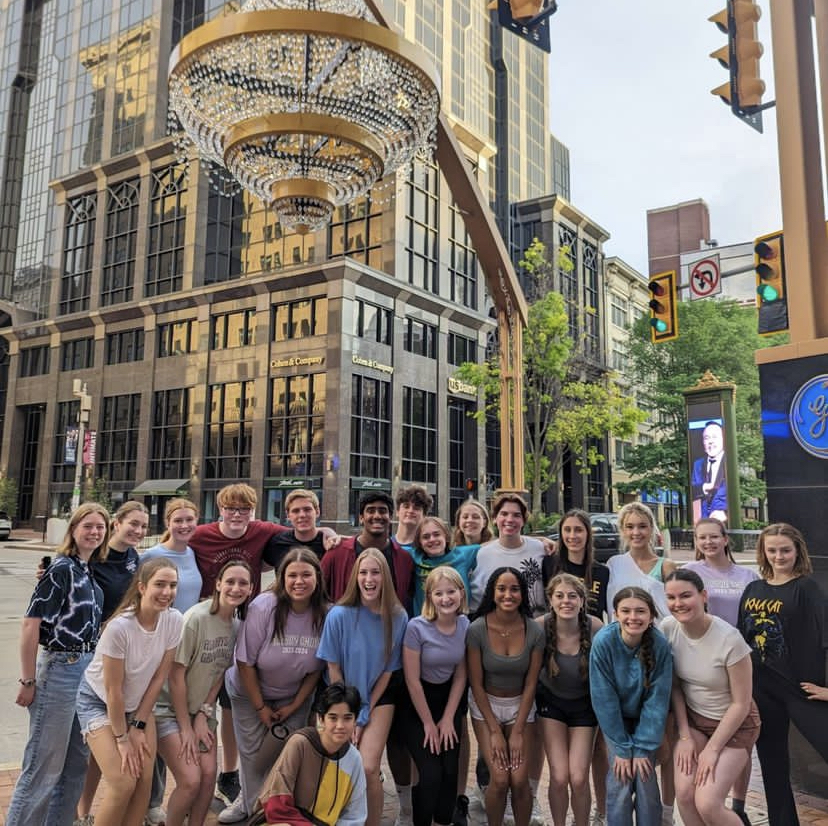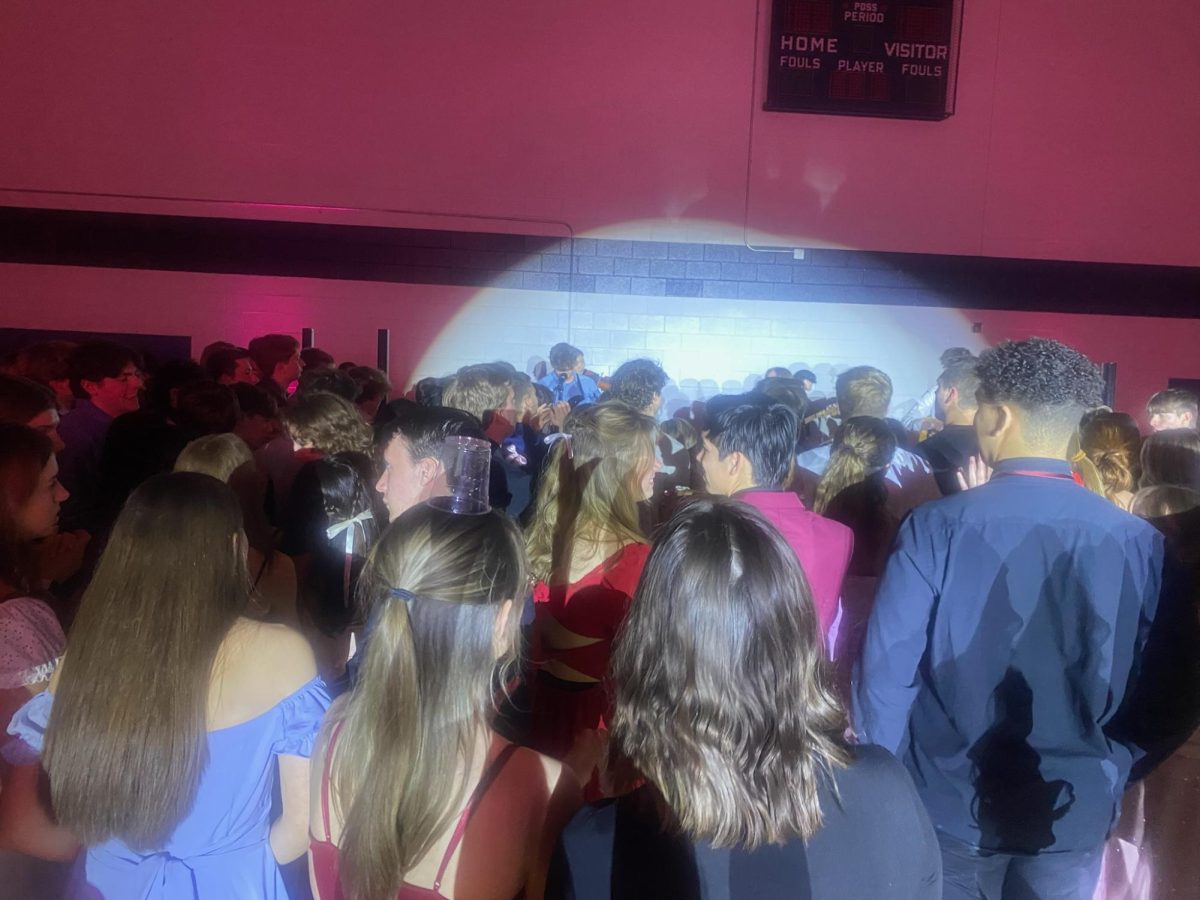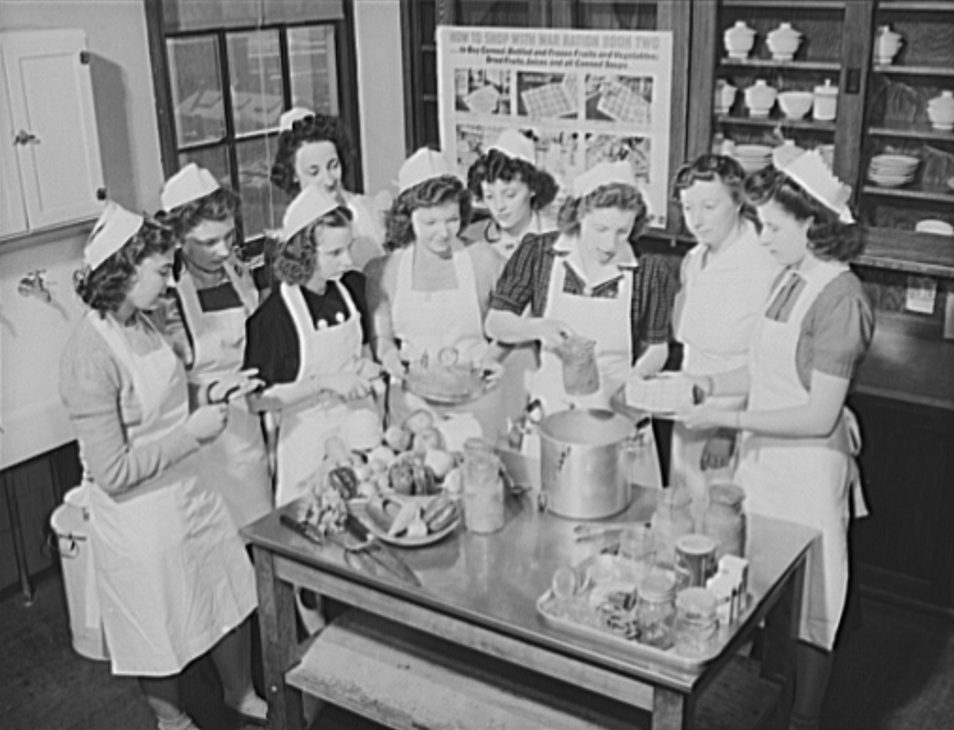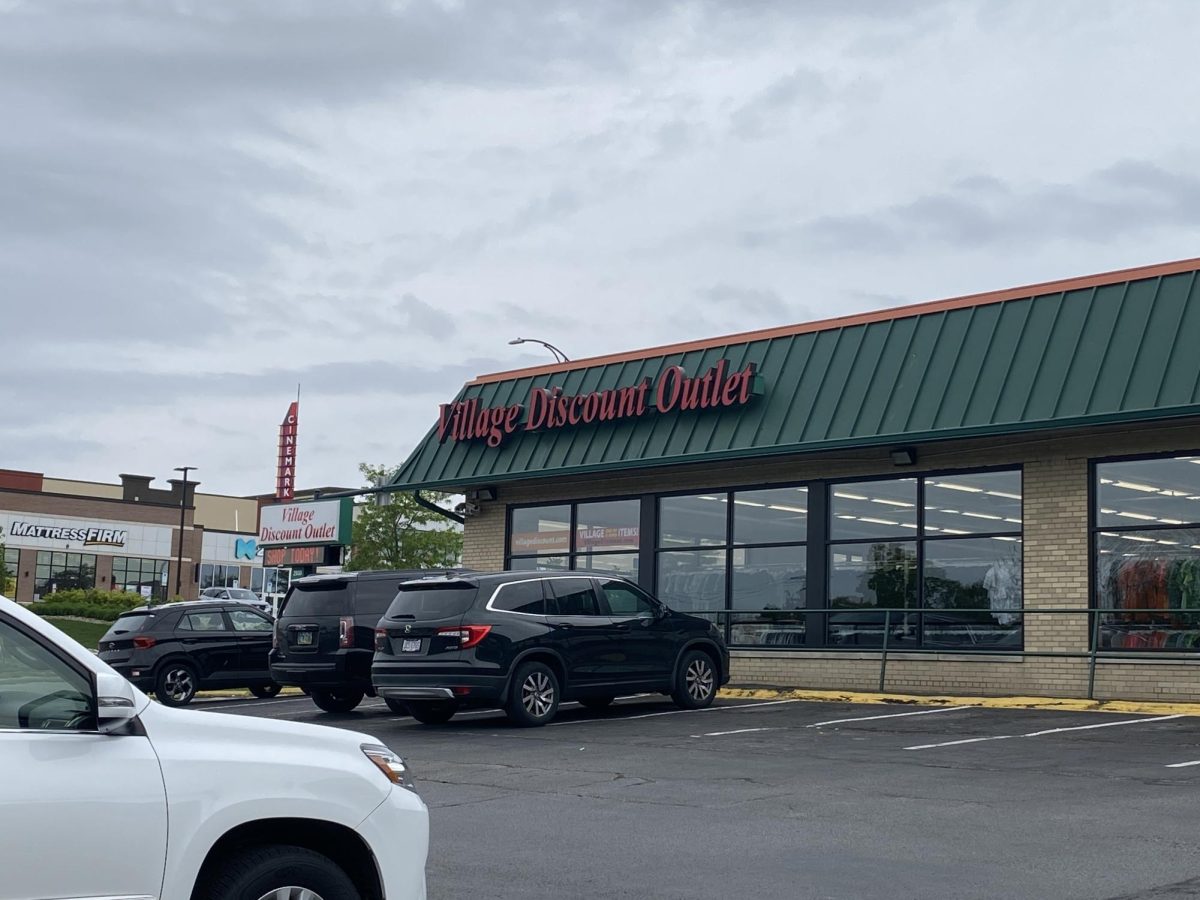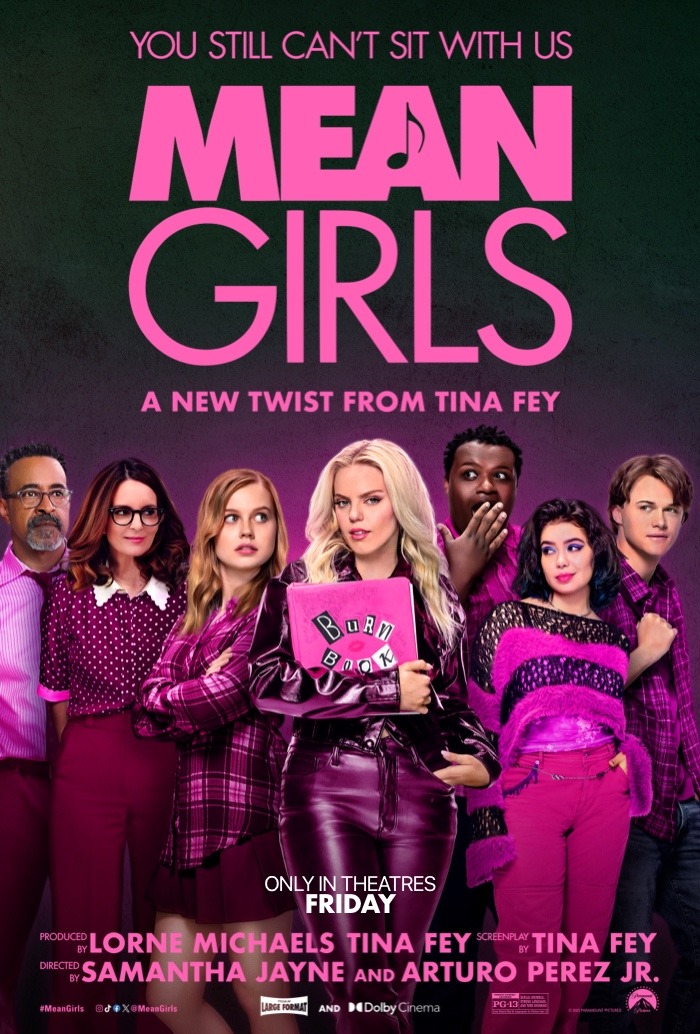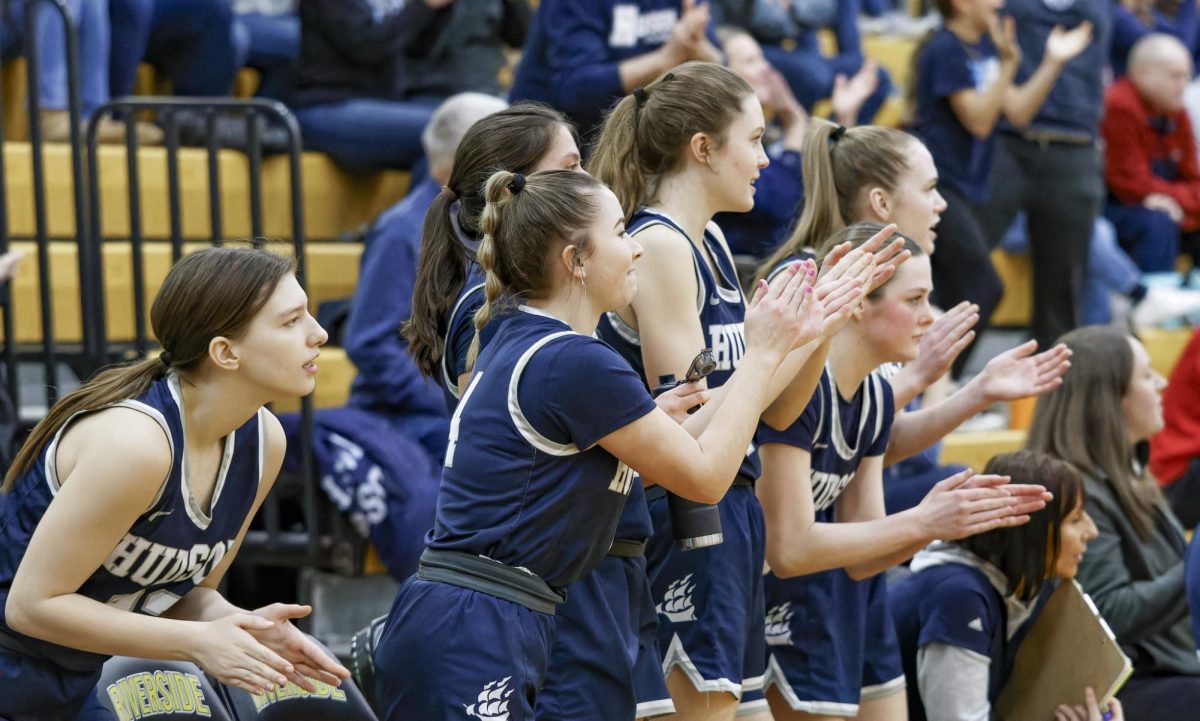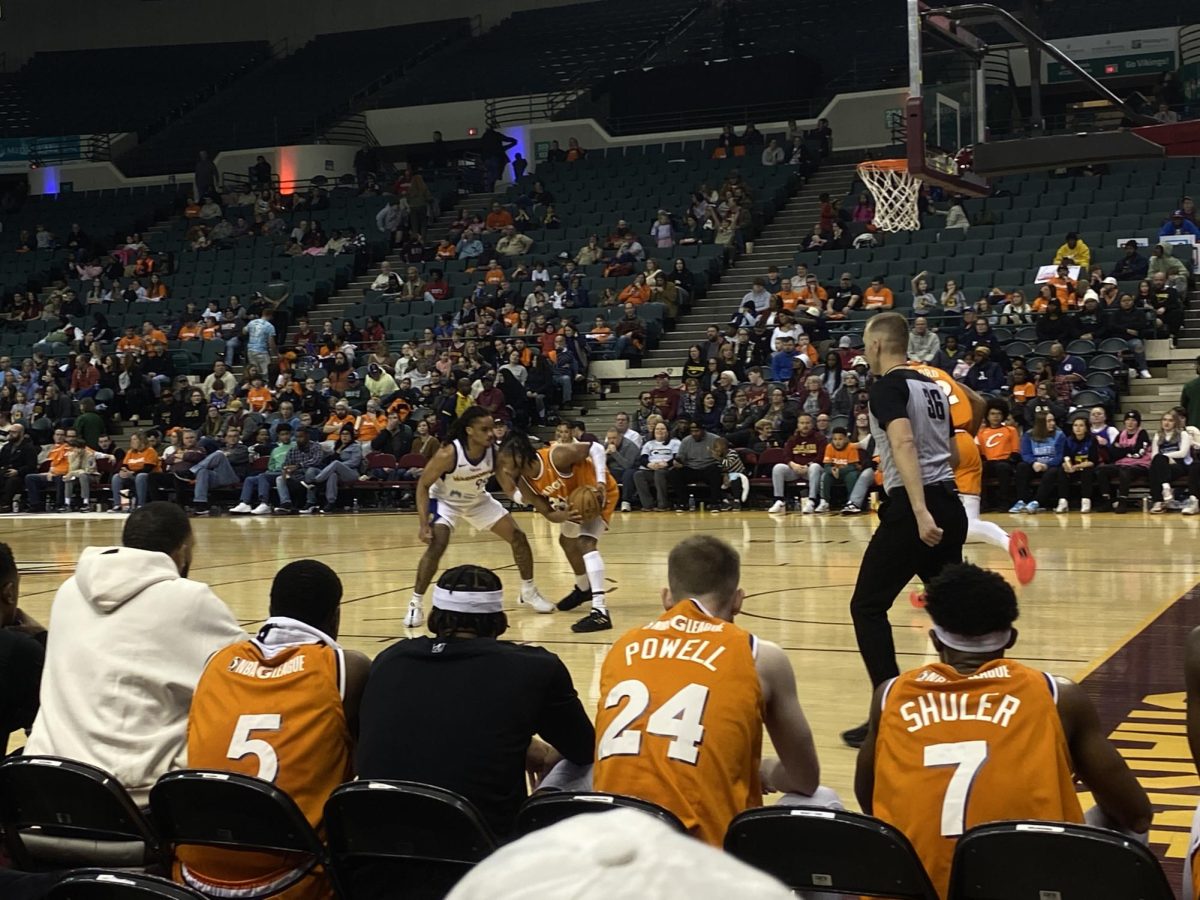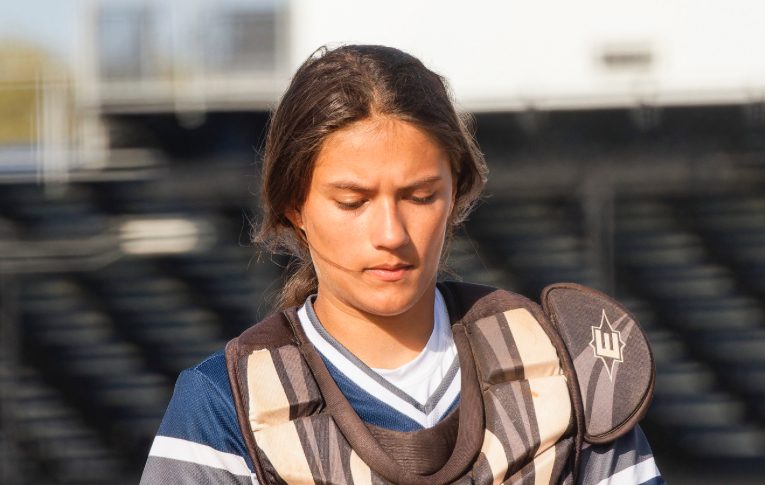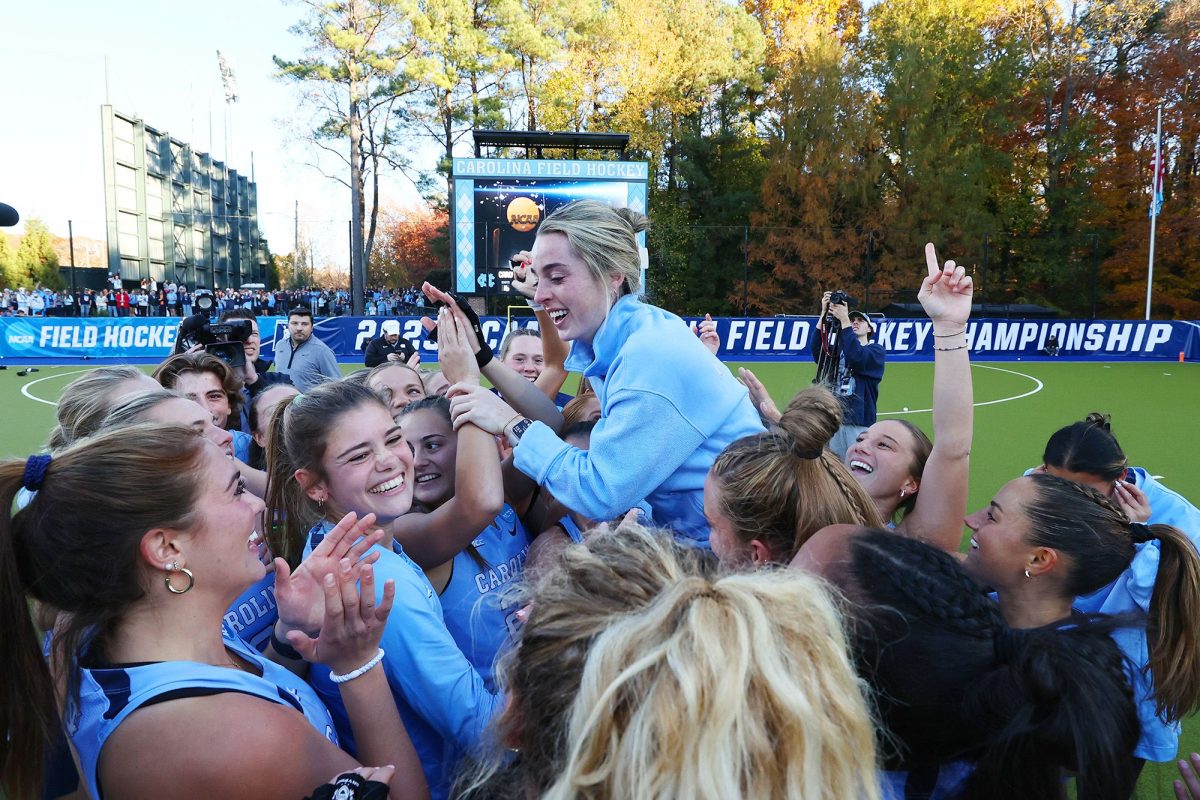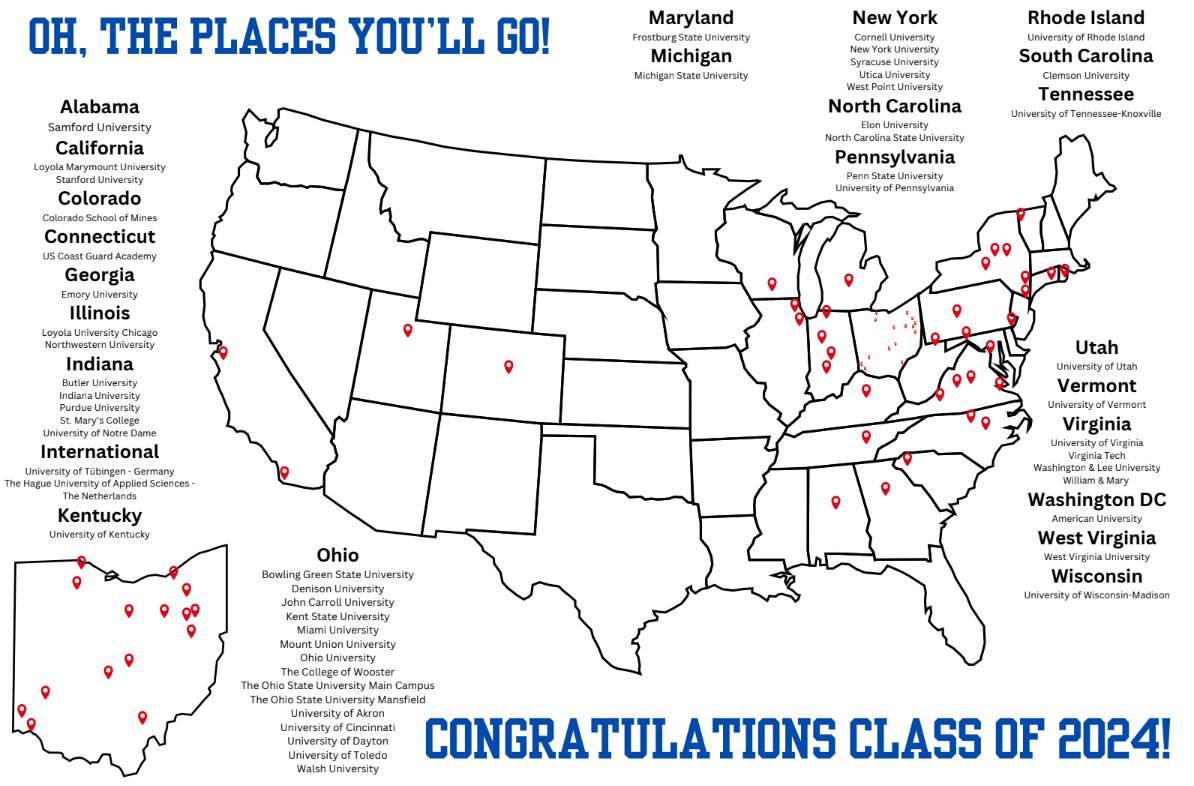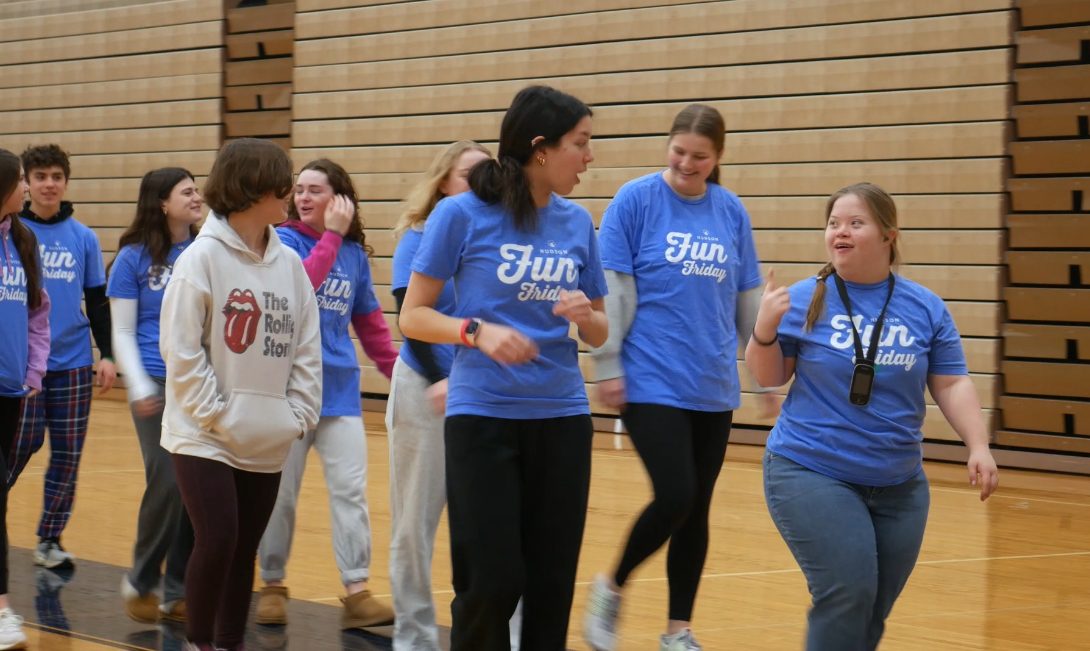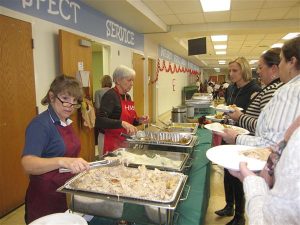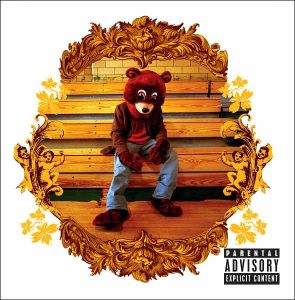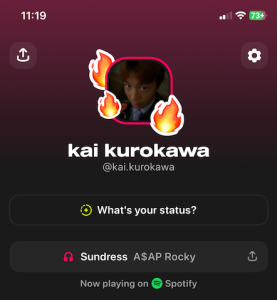The largest minority in the United States of America, as well as Ohio, is people with disabilities, yet their history and lives are unknown to many. 14% of Ohioans are disabled, compared to the second biggest minority–the black population–at 12.2%.
Until 1920, disabled people were put in institutions. Known as insane asylums, the facilities focused on abusing and controlling patients instead of treating them with therapy. They were housed for their entire life.
This was based on the idea of eugenics. Stemmed on social darwinism, it is and was the idea of the “selection of desired heritable characteristics in order to improve future generations.” After eugenics was used by Nazis in World War II, it was looked down upon.
The middle of the 20th century was one of progress and protest. Protests of black and queer rights were big, as well as disability rights. Discrimination was present against disabled people.
The ACCD, or American Coalition of Citizens with Disabilities, was a national disability rights organization in the ’70s to ’80s. It was governed, created, and administered by disabled people. The coalition secured the first federal civil rights protection for disabled people, section 504 of the Rehabilitation Act of 1973. It made sure that there would be clarifications, or regulations, of the act. The act itself ensured that there would be regulations — eventually. Section 504 did not clarify when only that they will. HEW (The Department of Health Education Welfare) was in charge of writing the regulations.
ACCD and other activists led sit-ins at eight HEW headquarters across the United States. This is because despite being in charge of the regulations, they didn’t issue any from 1973 to 1977.
Disability activists become restless. The protests advanced and bonded the community. In April of 1977, Califano, the secretary of HEW, signed the regulations. A successful sit-in in San Francisco lasted 25 days and included over 150 people who refused to leave. The goal was achieved and it was because of the unity of people with many different disabilities.
Staff and students in everyday lives use phrases that have weight to them. For example, Post-Traumatic Stress Disorder (PTSD) is used when referencing a bad memory. It is an actual disorder, and using names of disorders without any thought can make the meaning insignificant or unserious. Obsessive-Compulsive Disorder (OCD) is also another disorder that is commonplace in our conversations. In this casual context, it usually refers to people who are extremely neat. Again, it is a real disorder that is serious.
“[They] are debilitating disorders and they shouldn’t just be used casually… even if it’s just a ‘joke’ — it’s not cool at all to use OCD or PTSD unless you’re being serious,” said an anonymous freshman.
But the seriousness of disability does not mean it is shameful. It means the opposite, as stated by the freshman. When asked if they are proud of being disabled, he said, “Yes! There is nothing wrong with calling yourself disabled if you are disabled.”
Again, in common speech, words that many people say are unintentionally harmful or have a bad history, such as ‘lame’ or ‘idiot’. See this website to become aware.
Hudson High School, generally, is respectful towards disabled people. “I feel like most students and staff are understanding of disabilities. Most of the staff (there’s very few who aren’t) are very accommodating and respectful. Some students think it’s okay to make ‘jokes’ about disabilities that are not okay or make rude/discriminatory assumptions.”
The anonymous freshman continues, “I feel like there isn’t really any disability education, and that’s why some students are disrespectful.”
On a final note, he shared, “I’m extremely grateful I get to be a part of Hudson High because of how respectful and accommodating the staff is.”
This article was written by an abeled person.

